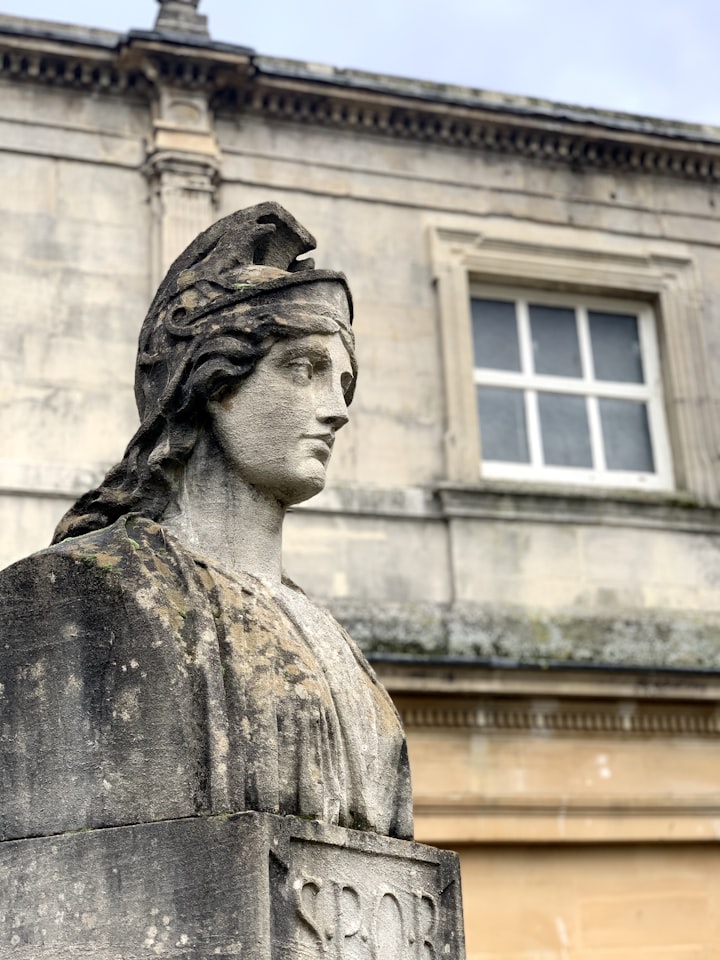
The Byzantine Empire, also known as the Eastern Roman Empire, emerged as a powerful and influential civilization in the 6th century AD. Following the fall of the Western Roman Empire in 476 AD, the Byzantine Empire became the dominant force in the Mediterranean region, maintaining its power for over a thousand years. The rise of the Byzantine Empire had a profound impact on the course of European history, shaping the political, social, and cultural landscape of the continent for centuries to come.
The origins of the Byzantine Empire can be traced back to the Roman Empire, which had been in decline for several centuries. By the 5th century AD, the Western Roman Empire had collapsed, and the Eastern Roman Empire, centered in the city of Constantinople, emerged as the sole remaining Roman state. Under the leadership of Emperor Justinian I, who ruled from 527 to 565 AD, the Eastern Roman Empire underwent a period of profound transformation and expansion, laying the foundations for the Byzantine Empire.
One of the key factors behind the rise of the Byzantine Empire was its strategic location. Constantinople, located on the Bosporus Strait, was a natural crossroads between Europe and Asia, making it a hub for trade and commerce. The city was also well-defended, with walls and fortifications that made it almost impregnable to attack. This allowed the Byzantine Empire to control the vital trade routes that connected the Mediterranean with the Black Sea and beyond.
Under Justinian I, the Byzantine Empire underwent a period of intense expansion, reclaiming many of the territories that had been lost during the decline of the Western Roman Empire. Justinian's campaigns were driven by a combination of military might and diplomatic skill, as he forged alliances with neighboring states and integrated their armies into his own. This allowed the Byzantine Empire to extend its reach across the Balkans, the Middle East, and North Africa, establishing a new era of prosperity and stability.
Another key factor in the rise of the Byzantine Empire was its cultural and intellectual achievements. Under Justinian I, the Empire experienced a period of great cultural flourishing, with advances in art, literature, and philosophy. The Byzantine Empire was home to some of the greatest minds of the time, including the philosopher Procopius, the historian Agathias, and the poet Paul the Silentiary. The Empire was also renowned for its art, which combined elements of Greek and Roman traditions with distinctive Byzantine styles, creating a rich and vibrant visual culture that still influences art today.
The Byzantine Empire also made significant contributions to science and technology, with many of its innovations paving the way for modern scientific discovery. For example, Byzantine scholars made significant advances in medicine, astronomy, and geography, and their works were widely translated and disseminated throughout Europe and the Middle East.
One of the most enduring legacies of the Byzantine Empire was its religious influence. The Byzantine Empire was founded on the Christian faith, and under Justinian I, the Church played a central role in the Empire's political and cultural life. Justinian was a devout Christian, and his reign saw the construction of many magnificent churches and monasteries, including the famous Hagia Sophia. The Byzantine Empire was also home to some of the most influential theologians of the time, including St. John Chrysostom and St. Basil the Great.
The fall of the Byzantine Empire in 1453 marked the end of one of the longest-lasting civilizations in history. The Empire had faced numerous challenges throughout its history, including invasions by Arab and Turkish forces, internal power struggles, and economic instability. Despite these challenges, the Byzantine Empire continued to exert a significant influence on European history and culture, serving as a bridge between the ancient world and the modern era.





Comments
There are no comments for this story
Be the first to respond and start the conversation.